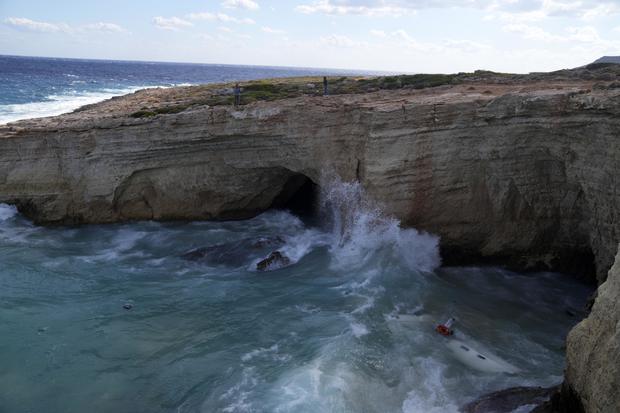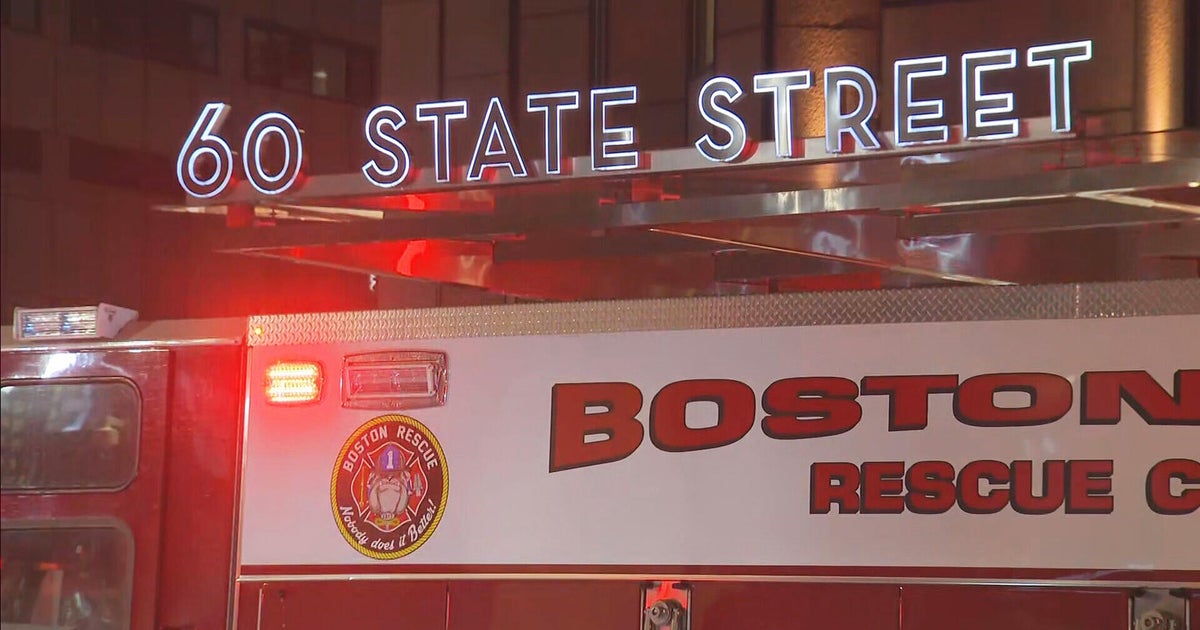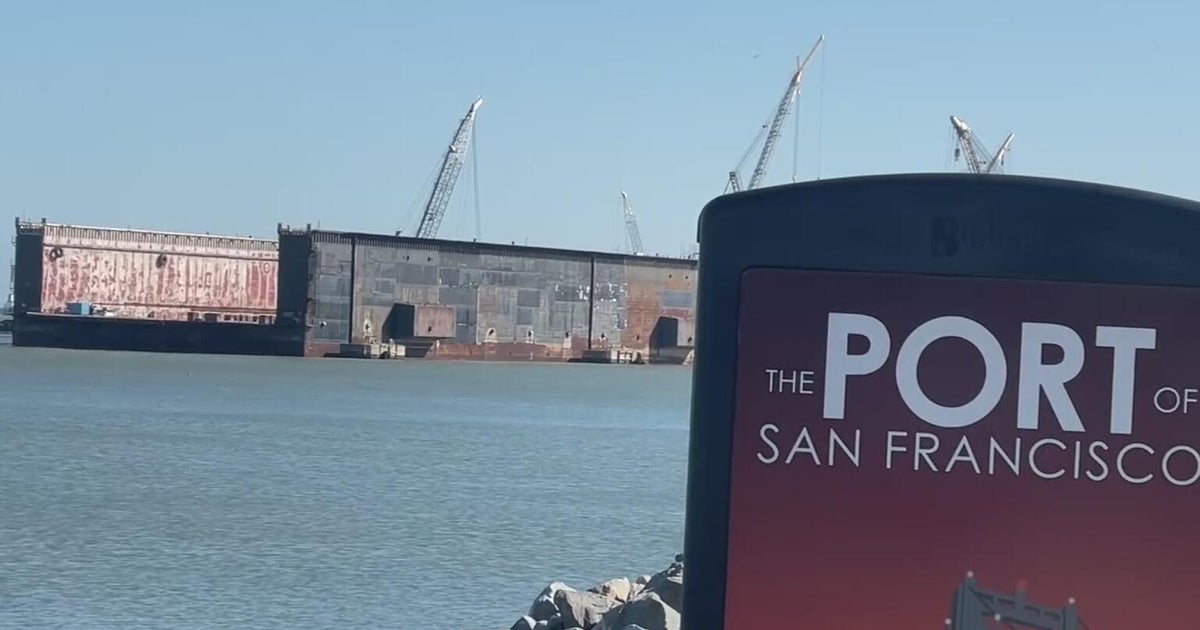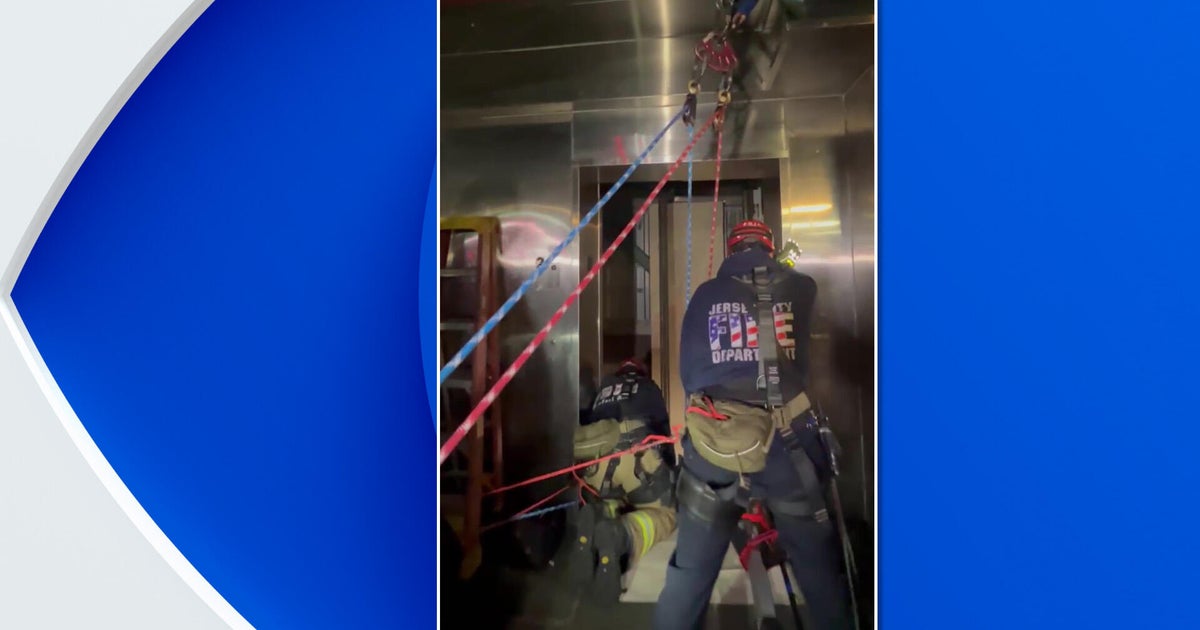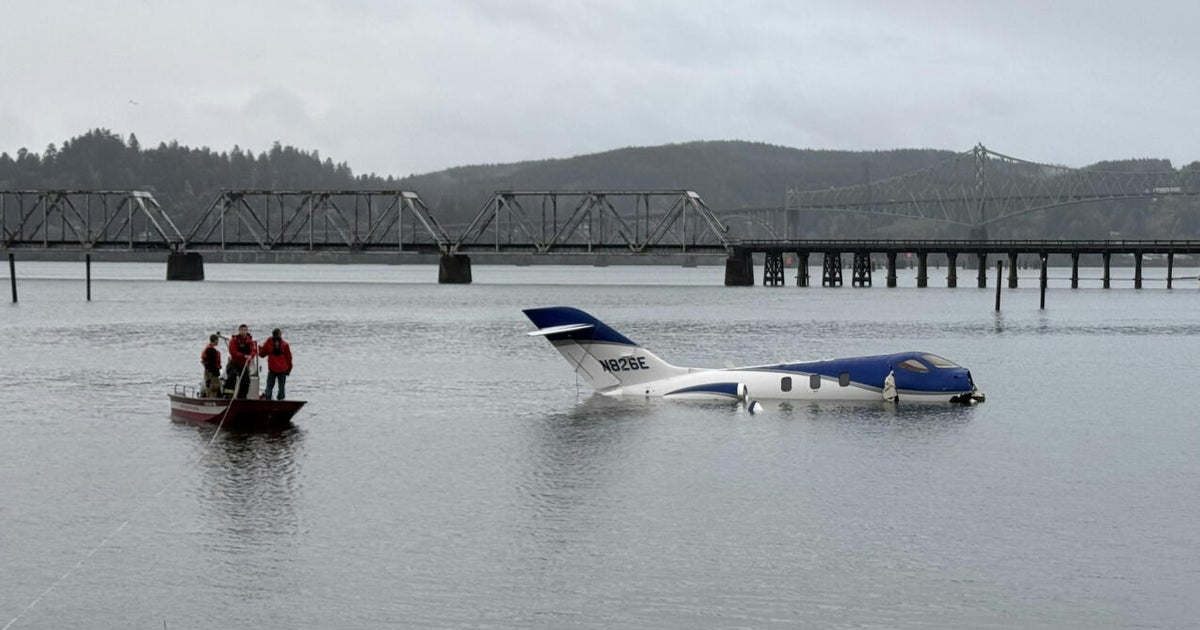22 dead and dozens missing after 2 migrant ships sink off Greece, prompting dramatic rescues on steep cliffs
Bodies floated amid splintered wreckage in the water off a Greek island Thursday as the death toll from the sinking of two migrant boats rose to 22, with many still missing.
The boats went down hundreds of miles apart, in one case prompting a dramatic overnight rescue effort, as residents and firefighters pulled shipwrecked migrants to safety up steep cliffs.
The deadly incidents stoked tension between neighbors Greece and Turkey, which are locked in a heated dispute over migration and maritime boundaries. The shipwreck also comes just weeks after another migrant boat sank off Greece, leaving dozens missing.
The coast guard on the eastern island of Lesbos said 16 bodies of young African women and one young man were recovered there after a dinghy carrying about 40 people sank. Ten women were rescued, while 13 other migrants were believed to be missing, coast guard officials said.
The last body to be recovered, of a man, was found by divers from the European Union's Frontex border agency who helped in the search and rescue operation, the coast guard said.
"The women who were rescued were in a full state of panic so we are still trying to work out what happened," coast guard spokesman Nikos Kokkalas told state television. "The women were all from African countries, aged 20 upward. ... There is a search on land as well as at sea and we hope that survivors made it to land."
The second rescue effort was launched several hundred miles to the west, off the island of Kythira, where a sailboat struck rocks and sank.
The bodies of at least four migrants were seen amid floating debris from the sailboat. The deaths would be officially recorded when the bodies were recovered, officials said. They added that 80 people, from Iran, Iraq and Afghanistan, had been rescued while a search continues for as many as 11 still believed to be missing.
With winds in the area reaching 45 mph overnight on Kythira, survivors clinging to ropes were pulled to safety up steep cliffs as others were buffeted by waves as they waited their turn on tiny areas of rock at the bottom.
"All the residents here went down to the harbor to try and help," Martha Stathaki, a local resident told The Associated Press.
"We could see the boat smashing against the rocks and people climbing up those rocks to try and save themselves. It was an unbelievable sight."
Kythira is some 250 miles west of Turkey and on a route often used by smugglers to bypass Greece and head directly to Italy.
A volatile dispute is taking place between Greece and Turkey over the safety of migrants at sea, with Athens accusing its neighbor of failing to stop smugglers active on its shoreline and even using migrants to apply political pressure on the European Union.
Most migrants reach Greece travel from nearby Turkey, but smugglers have changed routes - often taking greater risks - in recent months in an effort to avoid heavily patrolled waters around Greek islands near the Turkish coastline.
"Once again, Turkey's tolerance of gangs of ruthless traffickers has cost human lives," Greek Shipping Minister Yannis Plakiotakis said.
"As long as the Turkish coastguard does not prevent their activities, the traffickers cram unfortunate people, without safety measures, into boats that cannot withstand the weather conditions, putting their lives in mortal danger."
Greek Migration Minister Notis Mittarachi tweeted that Turkey must take "immediate action to prevent all irregular departures due to harsh weather conditions."
"Already today many lives lost in the Aegean, people are drowning in unseaworthy vessels. EU must act," he wrote.
Turkey denies the allegations and has publicly accused Greece of carrying out reckless summary deportations, known as pushbacks.
Greece is often the country of choice for migrants fleeing Africa and the Middle East to try to reach a better life in the European Union.
Speaking at the United Nations General Assembly last month, Turkish President Recep Tayyip Erdogan, accused Greece of "turning the Aegean Sea into a graveyard" and held up photographs of dead migrant children.
According to the International Organization for Migration (IOM), there have been over 24,000 missing migrants reported in the Mediterranean region since 2014. The group says the Central Mediterranean is the "deadliest known migration route in the world," with more than 17,000 deaths and disappearances recorded since 2014.
Last month, Syrian authorities said they recovered 100 bodies from a Lebanese migrant boat that sank off Syria, in one of the deadliest recent shipwrecks in the eastern Mediterranean.
